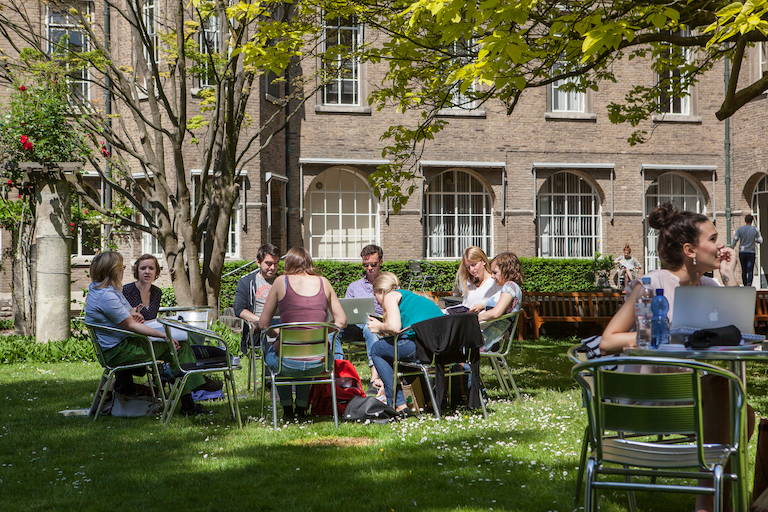Dean’s blog episode 8: ‘Better education’ and language

While the internationalisation of higher education is under pressure in the Netherlands, legal education is an example of how a language policy can be successful: dependent on the aim and contents of the curriculum, lawyers can also be taught in other languages than their own.
It is difficult to have missed it: the internationalisation of higher education is under pressure. Recently, for example, the association ‘Beter Onderwijs Nederland’ (BON) filed a claim against some Dutch universities, including Maastricht University, to question the increasing number of foreign students and the use of English as a language of instruction. The most important substantive argument of BON is that the use of English would endanger the quality of education. In a reaction, the Maastricht Executive Board emphasised the importance of being an international university and rightly indicated it will continue on the course it set already more than 20 years ago. This means that, every time a new programme starts, a conscious and well-reasoned choice is made to teach in either Dutch or English.
Our Faculty of Law is a good example of how such a language policy works out in practice. It does of course not make any sense to teach Dutch law in English. Studying the Civil Code or the case law of the Supreme Court is not possible without looking at all the nuances that come with the language, just like it would be impossible to study Vondel or Reve in another language than Dutch. This also has to do with the labour market on which our Dutch law alumni (and many of our Tax law alumni) will be active: they choose for professions in which knowledge of Dutch law, and the ability to debate about this in Dutch, are essential. This is different for our English programmes such as the European Law School and a part of our masters. There, the material is in English and, in so far as this is not the case, directed towards the comparison of different legal systems. A choice for English then not only makes a lot of sense, it even enhances the quality of the programme. A choice for Dutch would simply be too restrictive. The International Classroom we have does therefore not exist to attract more students (as BON wants to make us believe), but for substantive reasons that enhance the quality of our teaching.
One interesting question still is whether studying the law in another language than the one in which the original sources were written does not lead to a different type of knowledge and therefore also to a different type of jurist. I indeed believe this is the case. However, this is independent of the quality of the curriculum or the quality of our graduates.
| More blogs on Law Blogs Maastricht |